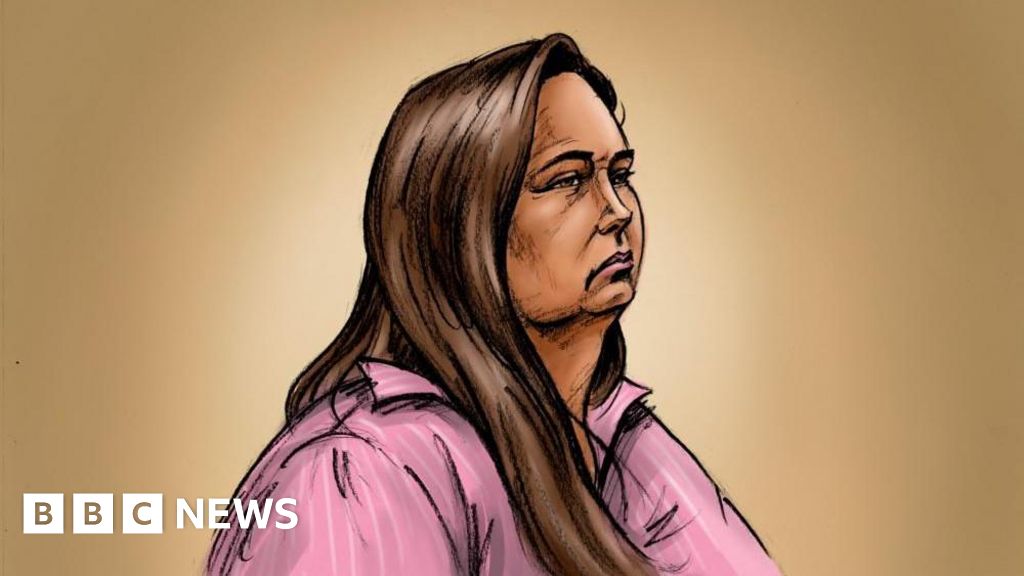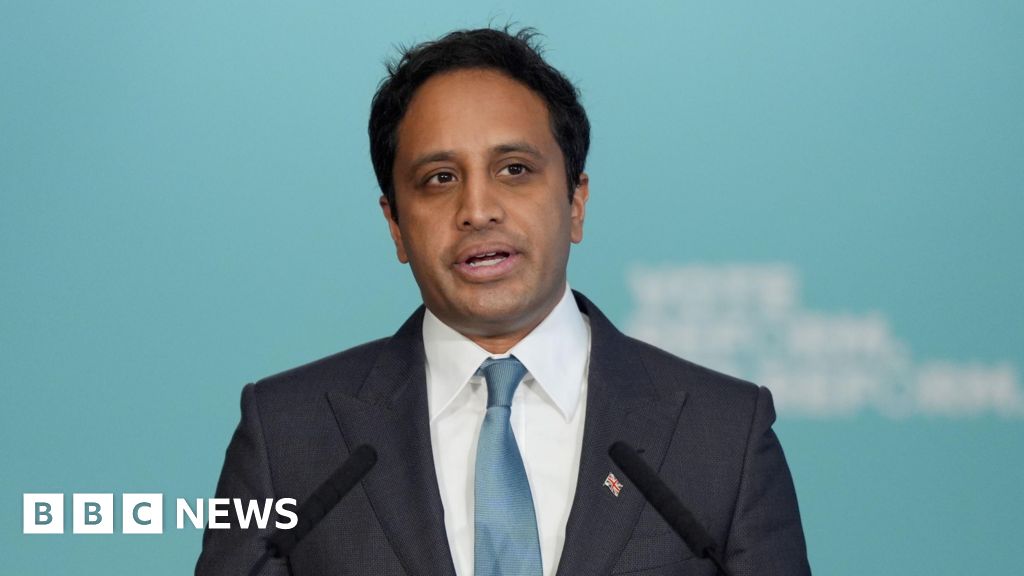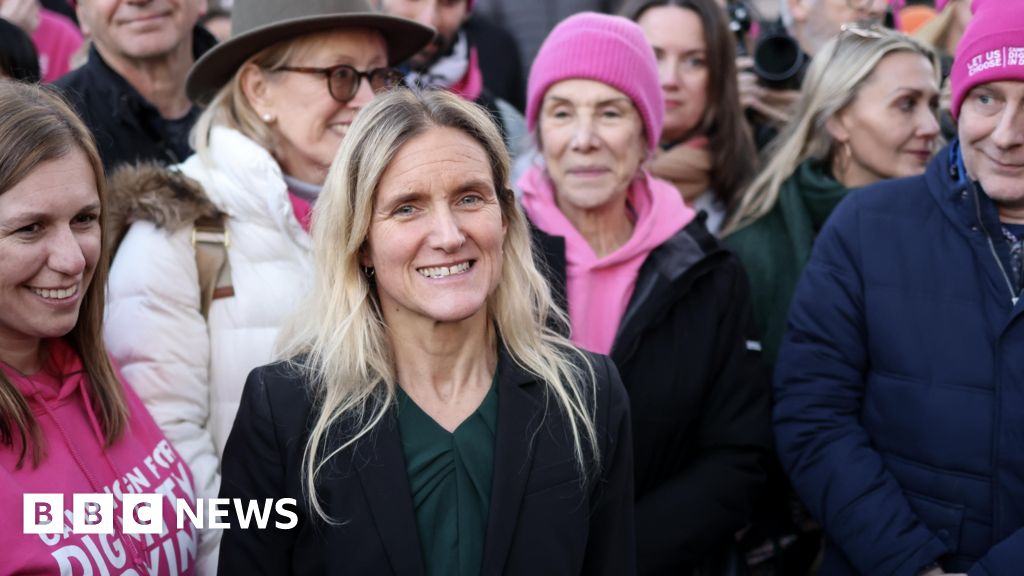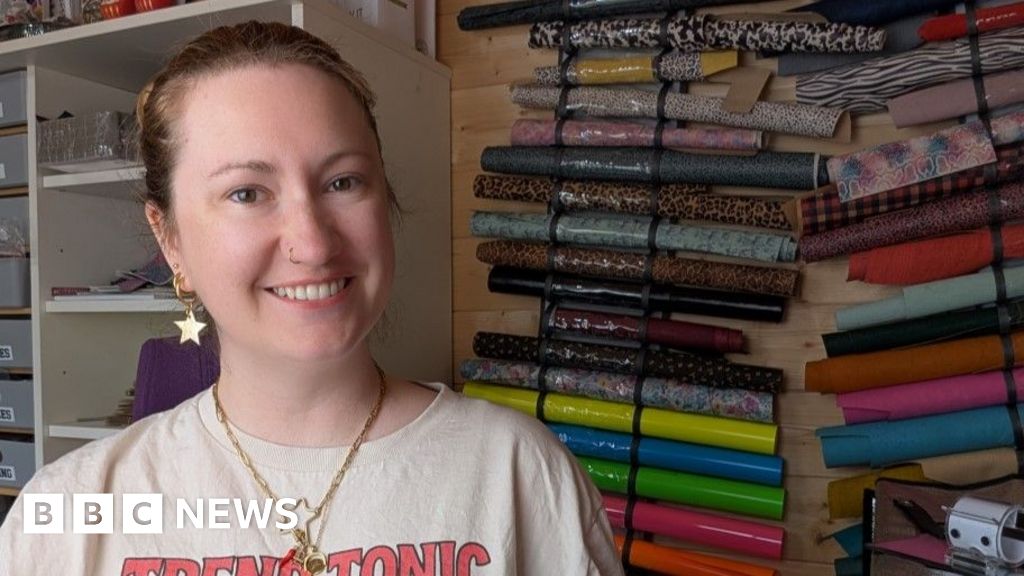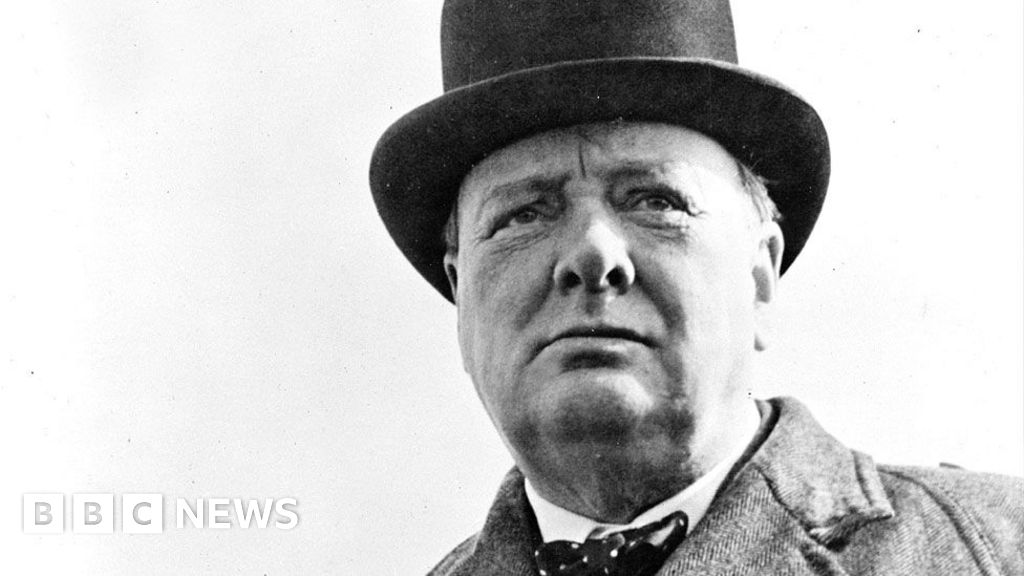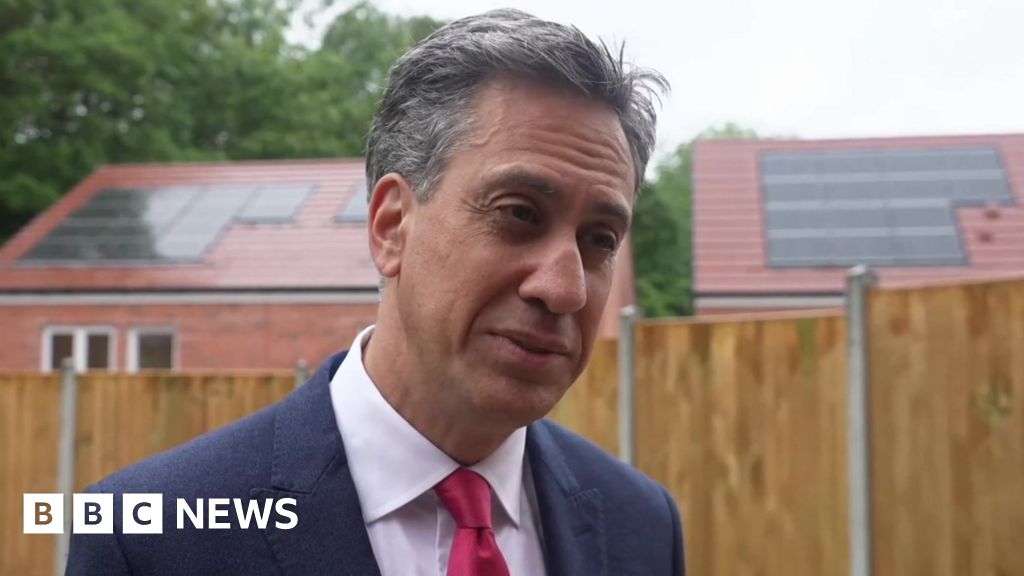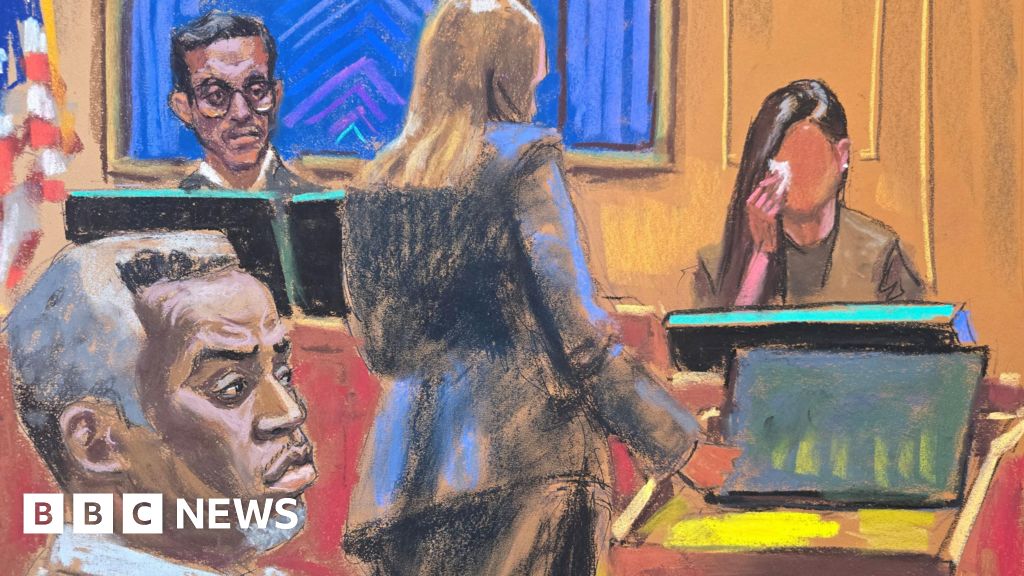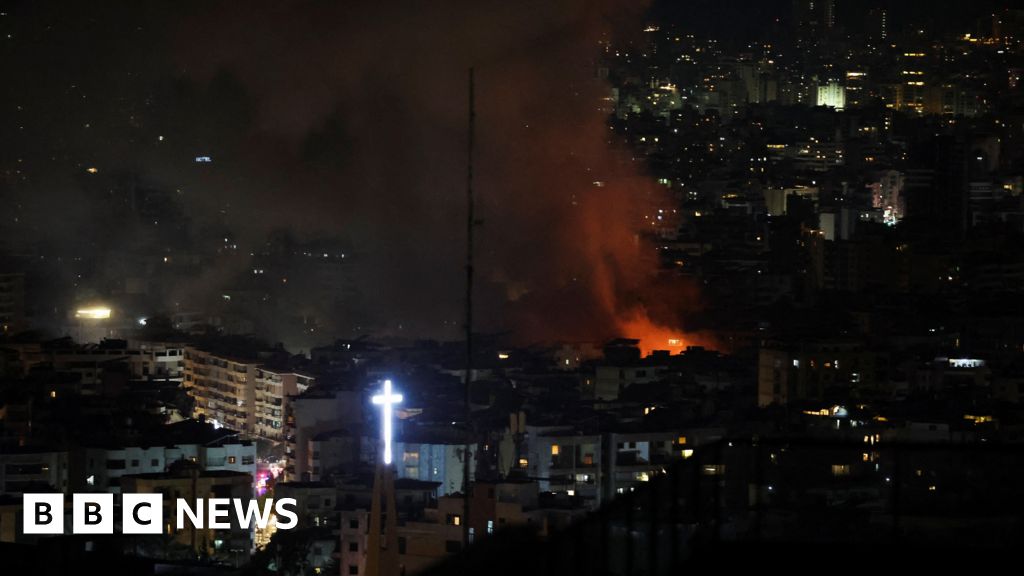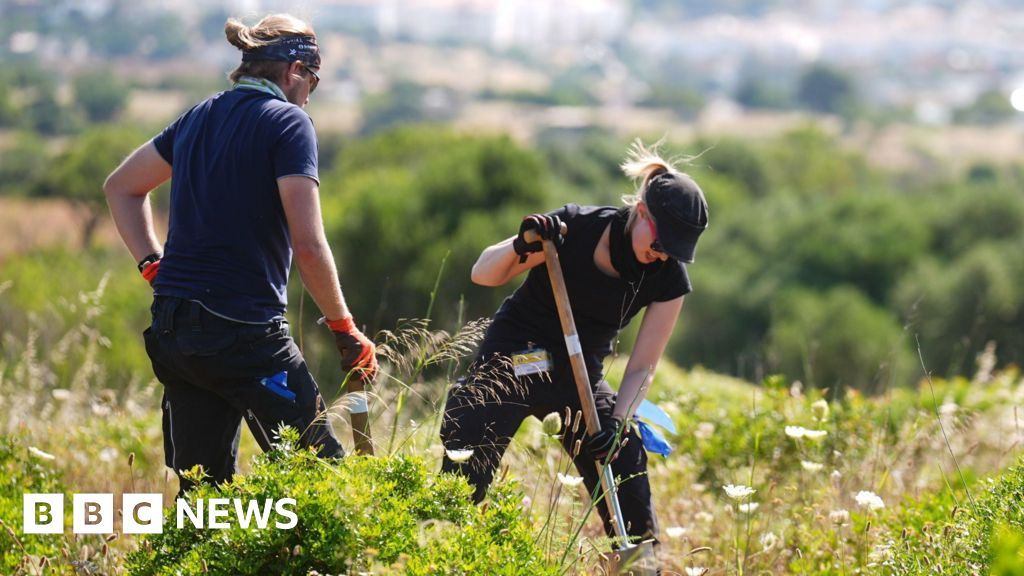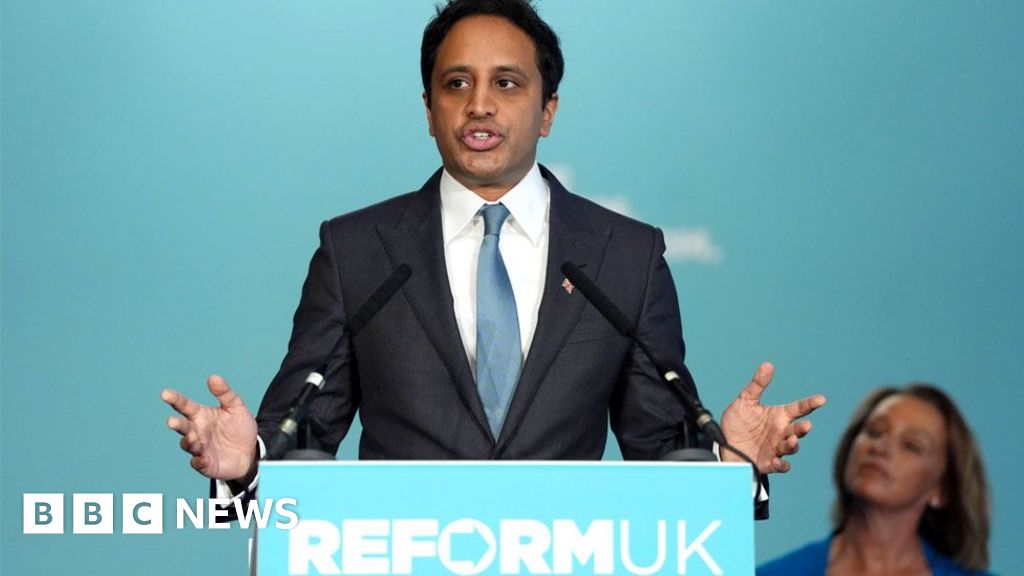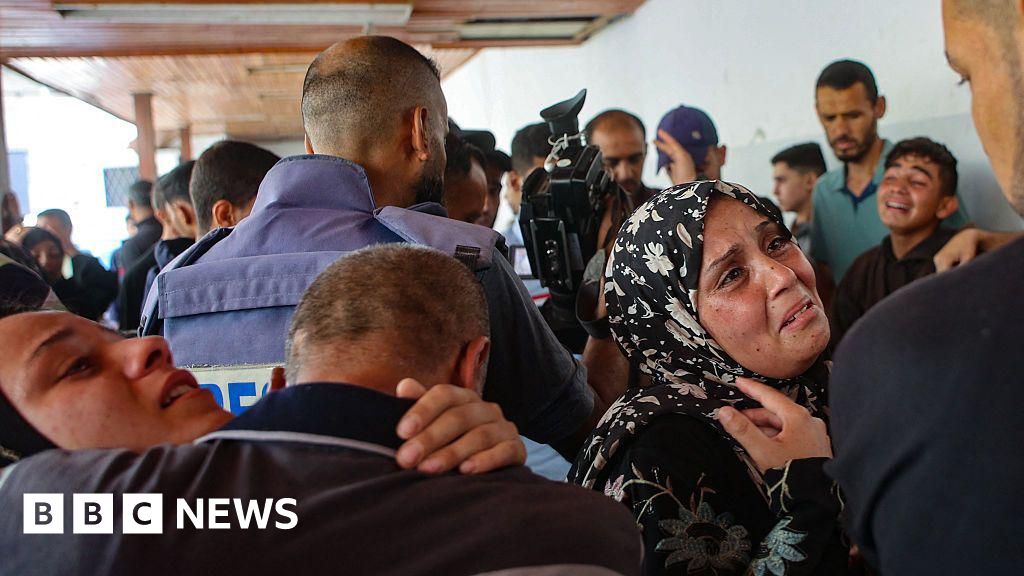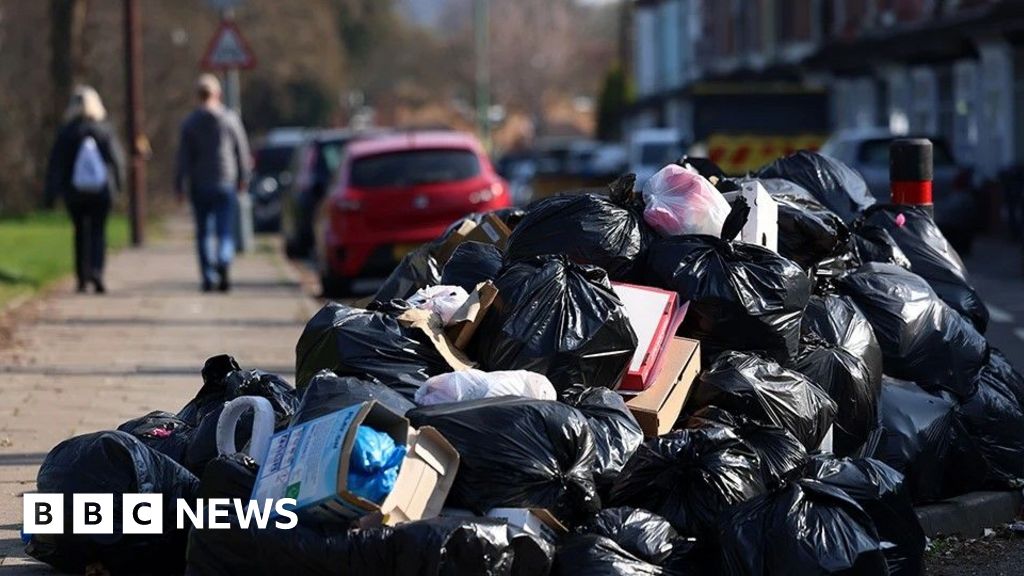Shannen Headley
BBC News, West Midlands

 West Midlands Police
West Midlands Police
Abiyah Yasharahyalah was found to have been severely malnourished
A boy who was starved to death and buried in a garden by his parents was "invisible and lost" from the sight of authorities, an independent review said.
Abiyah Yasharahyalah, three, died after his parents' culture and beliefs had a detrimental impact on his health, welfare and safety, the review concluded.
Tai and Naiyahmi Yasharahyalah, 42 and 43, were jailed after being convicted of causing Abiyah's death, having left his body at the Birmingham house they were evicted from in 2022.
Birmingham Children's Trust, which "fully supports the report's findings", said the family had contact with social services in 2016 - when it was rated inadequate by Ofsted and before the trust's formation.
Tai Yasharahyalah, 42, was jailed for 24-and-a-half years and Naiyahmi Yasharahyalah, 43, for 19-and-a-half years at Coventry Crown Court last year after being found guilty of causing Abiyah's death.
The Local Child Safeguarding Practice Review found that while the cause of his death was undetermined, Abiyah was clearly malnourished in the period leading up to it, "invisible and lost" from the sight of child services.

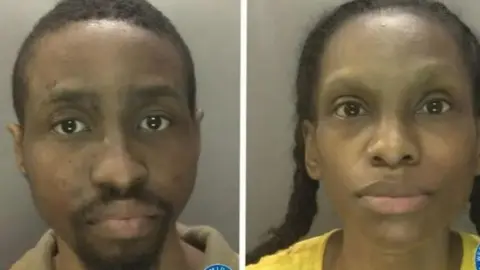 West Midlands Police
West Midlands Police
Abiyah's parents lived "off grid" in the run up to his death, and as a result, local children's services teams had very limited contact with the family
The authorities showed a lack of curiosity about how his parents' culture and lifestyle might have impacted on his wellbeing, with the report warning that "the safeguarding of children being impacted by harmful cultural practice is paramount".
Abiyah died in early 2020 from a respiratory illness, worsened by a "restricted" vegan diet that caused severe malnourishment, rickets, anaemia and stunted growth.
'Abiyah seen for limited time'
His parents were evicted from a house in Clarence Road, Handsworth, in March 2022, before police found their son's body nine months later.
During an eight-week trial, the court heard the couple had created their own bespoke belief system based on a mixture of elements that drew from New Age mysticism and West African religion.
The report, by Birmingham Safeguarding Children Partnership (BSCP), said the family had strong religious beliefs, adhered to a strict dietary regime and led an alternative lifestyle described as living "off-grid", avoiding engagement with any statutory agencies and services.
It noted Abiyah "was only ever seen by a small number of professionals during his lifetime, and for a limited time only".

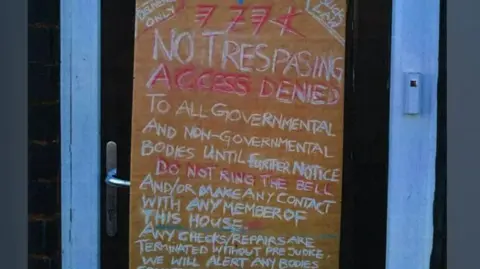 West Midlands Police
West Midlands Police
The couple had put a sign on their front door, telling all authorities to keep away from their Handsworth house
According to records, he was seen by a health visitor in April 2016 shortly after his birth, and the following month for a check-up.
There was some contact in 2018 with a local authority social worker in London and four visits to a children's centre in Birmingham.
However, the review said: "Records of these contacts and interactions are very limited, reinforcing that there was very little insight into [Abiyah's] existence, health or welfare."
Abiyah's parents' trial heard police visited the property in Handsworth three times, including in February 2018, more than four years before his body was found.
The review stated that with regard to the last visit "no details were recorded" about Abiyah, with his presence "almost invisible on review of records".
In March 2020, health visitor records said it had been noted at a safeguarding meeting that Abiyah had not been seen by them since his six-week assessment, with non-attendance by him and his parents at appointments at the one and two-year marks since his birth.
'Professionals often distracted'
Abiyah had also not received any routine immunisations and, while a follow-up inquiry was planned, there was no record of why it never happened, although the review accepted the coronavirus lockdown had began that year had likely contributed to that.
The various authorities coming into contact with the child's family showed a "general lack of knowledge or assessment of the parents' belief systems", leading to an "insufficient understanding about the impact on his care", the review said.
It added Abiyah's parents' behaviour "often distracted or diverted professional attention" away from his safety and welfare.
The review, warned that while navigating race, ethnicity, culture and beliefs "can be challenging" for those working in child safeguarding, there is a need for them to be "confident to ask questions about different cultures and belief systems without fear of being perceived as discriminatory".
Abiyah's mother had opted to take part in the review, saying she had believed she was "doing the right thing at the time" for her son, based on her cultural beliefs but that she now wished she had done more research about diet and healthcare.
She said it was "hard to accept that my approach did not lead to the best outcomes for my child and that it took the court process to take me out of that bubble".

 West Midlands Police
West Midlands Police
The couple were living in a caravan in Somerset when they were arrested in 2022
Among its recommendations, the review said workforce guidance should be looked at to ensure it "supports effective assessment and intervention which safeguards those children that become hidden from professional sight and/or when parents choose to live an alternative, or more off-grid lifestyle".
A statement from Birmingham Children's Trust says it "fully supports" the findings and is working with its partners to implement the recommendations.
"The family originally had contact with Birmingham's social care services in 2016 when services were judged to be inadequate, and before the formation of the Birmingham Children's Trust," it said.
"Significant progress has been made since then and children's services in Birmingham are now rated Good in all areas."
'Ask probing questions'
BSCP said it was doing everything it possibly could to identify risk to children deemed "out of sight"
Co-chairs James Thomas and Sue Harrison said: "Protecting children out of professional sight is a real challenge, given the limits of statutory powers to ensure all children are regularly seen.
"Our partnership has made this one of our top strategic priorities."
The NSPCC has said the review brings into "sharp focus" why it is crucial for professionals to demonstrate "curiosity and scrutiny".
"This means asking probing questions, joining up and sharing information and undertaking quality assessments to inform an understanding of the impact of the parents' behaviour on the child," a spokesperson said.
"This is particularly challenging when parents are reluctant and resistant to engage, which in this situation took the focus away from the safety of this little boy until tragically it was far too late."

 1 day ago
11
1 day ago
11
